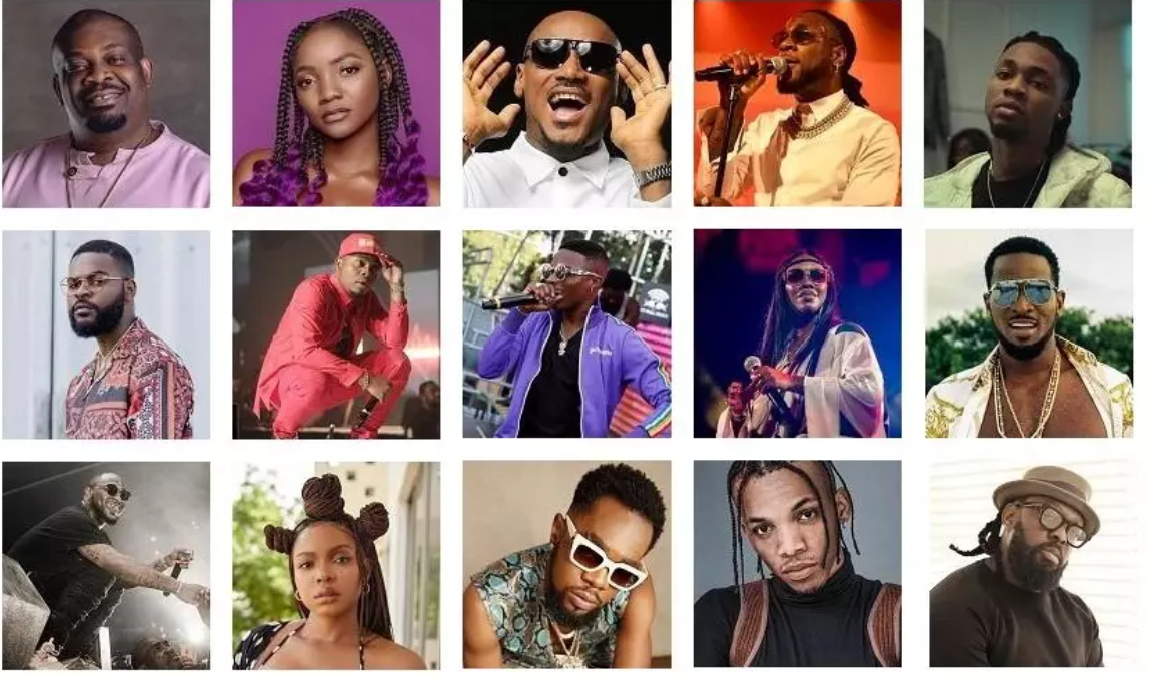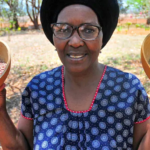Religious individuals might describe music as a spiritual tool capable of connecting people to God in a unique and profound way. Others might simply say it cheers them up, fills idle silence, and makes them move to beats, whether fast or slow.
Regardless of its meaning to different people or how it’s described, one thing remains constant: each string of an instrument and soothing voice contributes to the creation of the various music genres we know today. Just as an artist’s voice, rhythm, and beat birth different emotions and impacts, so does the end result influence the millions who listen to it.
Music has withstood the test of time, gradually changing and creating opportunities for people to either pursue it as a career or enjoy it as listeners. While its enduring presence is undeniable, there’s a significant transition underway that could prove to be both a blessing and a curse.
As much as the words in songs translate to different meanings for listeners, there are certain ones that cannot have more meaning than they present. One very notable trait is the indirect promotion of drug use.
In Nigeria, it has now become a trend for music artists to drink and smoke in videos. As if that is not enough, the lyrics often emphasize drug use. When we look back, we see that it wasn’t always this way.
This trend drew criticism in 2022 from NDLEA chairman Brig. Gen. Mohamed Buba Marwa (Retd), who highlighted songs by artists like Adekunle Gold and Burna Boy that glamorize drug use. Such lyrics, like “Me I just want to be high” and “I need Igbo and Shayo,” contribute to what Marwa calls the “high syndrome” among young listeners seeking solace through substance use.
Another example is a song by T.I Blaze, who has a disturbing part of his lyrics that says, “Sometimes food no dey give man joy, but Canadian loud the feeling is different.” This means that Canadian loud (a synthetic strain of cannabis) gives a different feeling that food cannot.
To prove the incessant nature of this trend, the same Burna Boy, whose song was criticized in 2022 by NDLEA, still featured a recent song in 2024 where he repeated the same act. In the song titled “Tshwala Bam,” he says: “We dey smoke weed, we no dey smoke cigar.” This clearly translates to “We smoke weed/cannabis and not cigars.”
These are just bits of the many songs that are continuously released and heard by millions around the globe.
Burna Boy, often tagged with the title ‘Giant of Africa’ from his hit in 2019, is a popular Nigerian music artist. He is a Grammy-winning singer, songwriter, and performer known for his fusion of Afrobeat, reggae, and dancehall. This prominence has garnered millions of fans and followers on different social media platforms who also listen to his songs.
This means that if he sings a song promoting a negative lifestyle or tradition, many of his listeners will hear it. The psychology attached to it is that as he continues and they keep playing his hits, there’s bound to be a point where some of them would desire to adapt to it or keep up with the lifestyle if they are already acquainted with it.
Visual content that depicts the normalcy of drug abuse, whether from Burna Boy or any other artist, sets the stage for an even worse rate of adaptation because it sounds normal and looks acceptable, so why not try or keep up?
At this point, it’s safe to say that it is not just about the intention of the artist, be it good or bad, it’s doing more harm than good.
From the Children’s Lens
We have long moved from the era where only teenagers were the major concern for people not to be influenced. With social media and strong platforms like TikTok, children who are not even teenagers are now seen singing and dancing to both local and international songs. With songs making drug abuse popular and the liberty for the youngest of children to surf around social media, there’s bound to be a negative impact. That is a thing of concern.
Almost always, NDLEA and EFCC have one or two young people that abuse drugs or are fraudsters. The type of songs that they hear could, in one way or another, influence the way they live their lives.
The effort will only be a waste if prominent people keep putting out content that lures people into normalizing drug abuse or any other ill behavior we see in society today. The change we desire does not exempt anyone. But the question still remains, are the musicians willing to adjust this pattern?
Music holds different meanings for people, acting as a spiritual tool for some and a source of joy for others. It has been a constant presence, evolving over time and offering both a career path and leisure for listeners. However, a troubling trend is emerging, notably in Nigeria, where music videos and lyrics increasingly promote drug use. This issue was highlighted by NDLEA chairman Brig. Gen. Mohamed Buba Marwa (Retd) in 2022, criticizing artists like Adekunle Gold and Burna Boy for glamorizing substance abuse through their songs.
Despite these criticisms, the trend continues, with artists repeatedly featuring drug use in their lyrics and videos, influencing millions of young listeners. Prominent artists like Burna Boy have a significant impact, potentially normalizing drug abuse among their vast following. The pervasiveness of such content on social media platforms like TikTok exacerbates the issue, reaching even younger audiences and contributing to negative behaviors.
Efforts by authorities like NDLEA and EFCC to curb drug abuse are overshadowed by the influential content from popular artists, raising concerns about the willingness of musicians to adjust their approach. The summary underscores the need for a change in the portrayal of drug use in music to prevent its normalization and harmful impact on young audiences.






